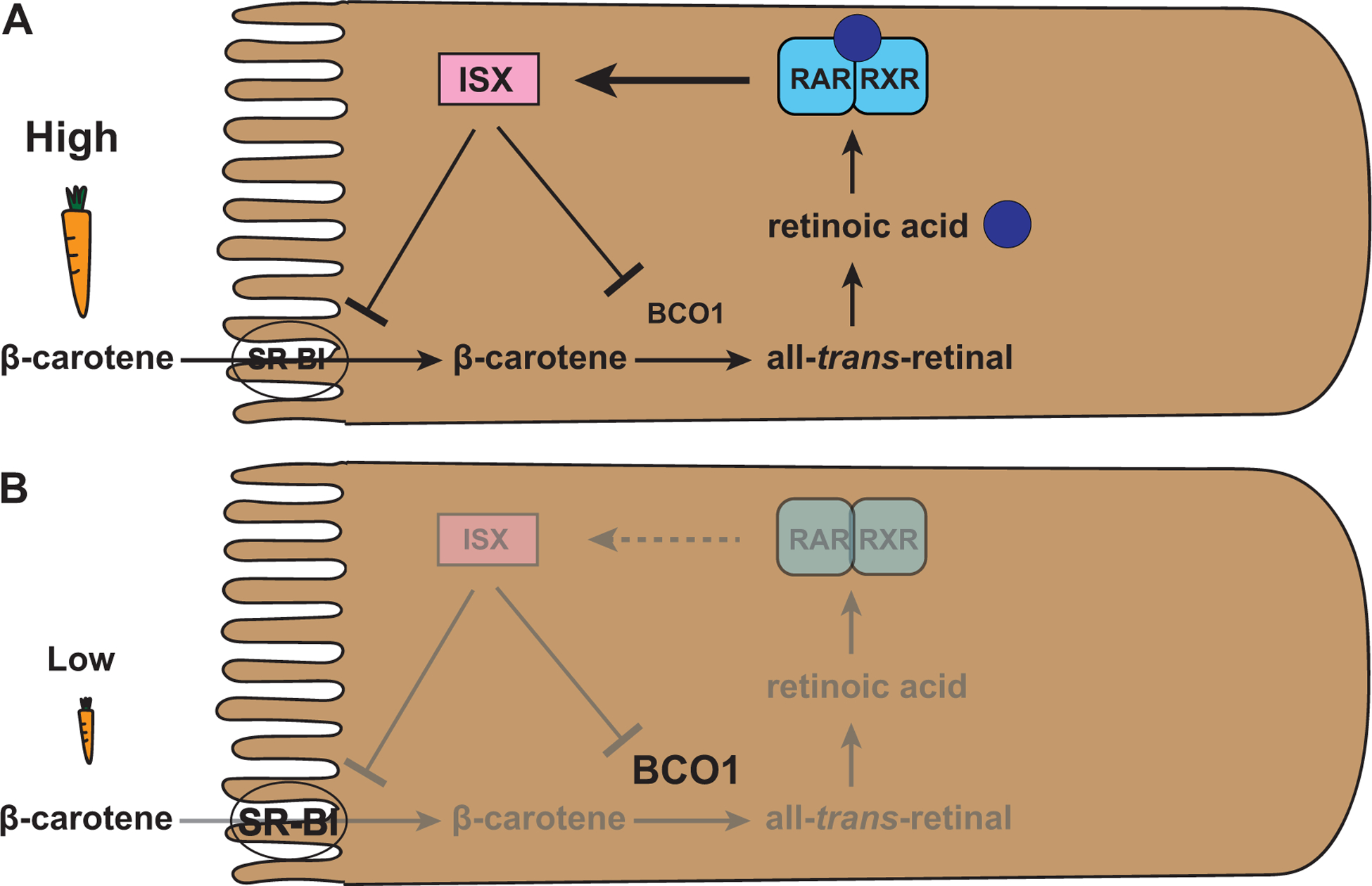Figure 4. Retinoic acid signaling controls vitamin A production in mammals.

(A) Abundance of dietary β-carotene leads to the synthesis of retinoic acid that binds the RAR-RXR heterodimer and induces the expression of ISX. ISX is a repressor of SR-BI and BCO1 that are required for β-carotene uptake and processing, respectively. This retinoic acid based negative feedback mechanism limits vitamin A production.
(B) Vitamin A deprivation results in a lack of retinoic acid and thus a loss of activation of the repressor ISX. The lack of ISX leads to an increased expression of SR-BI and BCO1 and thus increased vitamin A production through increased β-carotene uptake and processing, respectively.
